PROFESSORS ARE THE ONES WHO KNOW. NOT STUDENTS! Right?
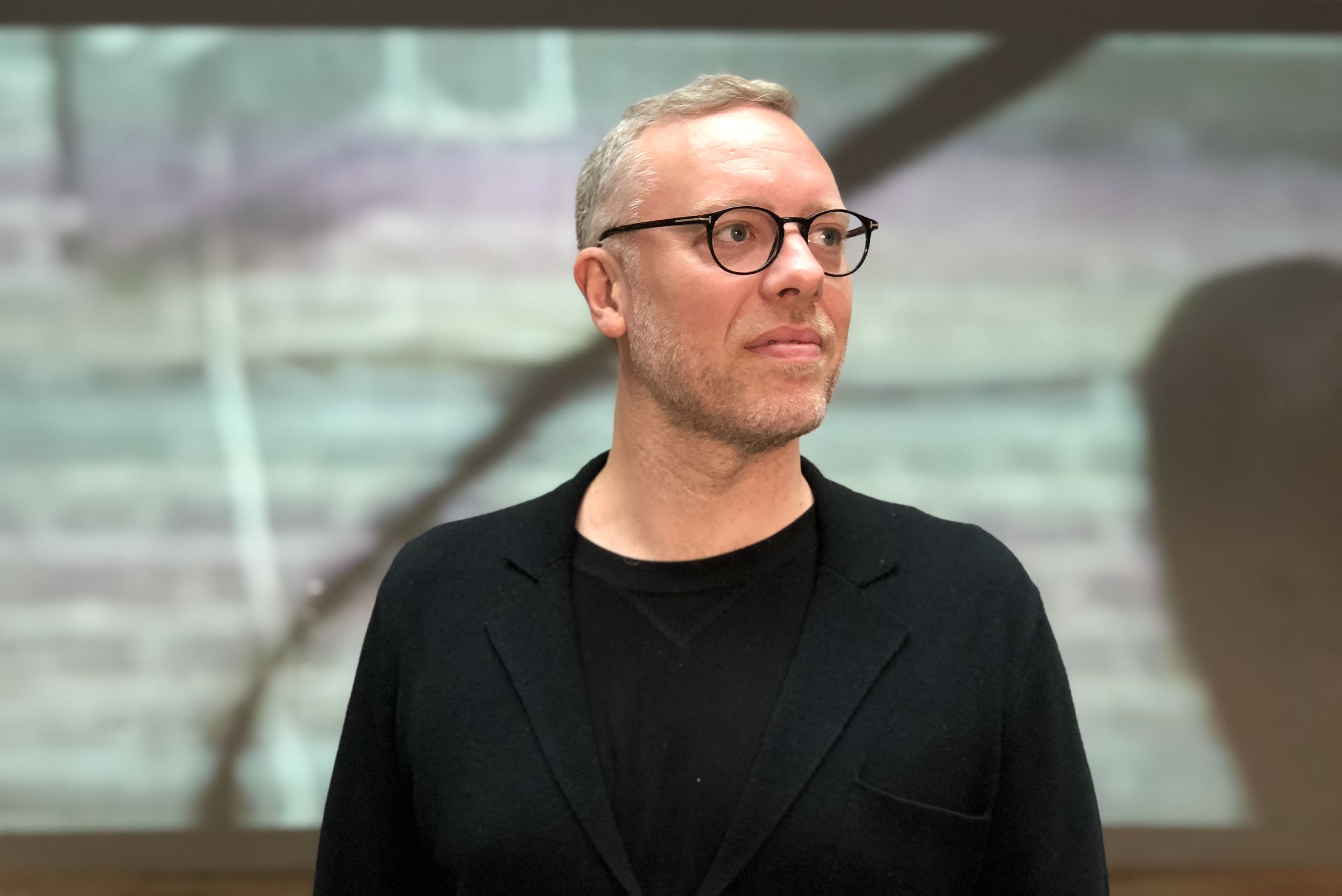
(Photo: Mette Koors)
A guerilla group of CBS faculty and students are looking for new ways to integrate the humanities into more courses at international business schools through a series of workshops they call, ‘The Business of Teaching’. But do literature, philosophy and art really have a place in business schools in the first place?
Professors have a hierarchical relationship with students. Students need to know what the professors know. The students and professors are different to each other. The professors are the ones who know, and the students are the ones who do not know.
This is the kind of rhetoric that Rasmus Johnsen, Associate Professor in the Department of Management, Politics and Philosophy, opposes by introducing humanities into business and economics related courses.
“Business school disciplines are human creations that already have overlapping themes with humanities, and we need to find ways of activating what is already there instead of adding humanities to a course,” says Rasmus Johnsen.
To tackle this challenge, the Business of Teaching, a collective of teachers and students have come up with four principles:
Knowledge you cannot google.
Today too, I experienced something that I hope to understand in a few days.
Do not teach what you know; teach what you do not know.
The real world begins in a classroom.
The line in the room
Rasmus Johnsen believes that humanities always enters the fray with a moral high ground. Constantly wagging their fingers at business people. How can business students know what is right from wrong if they have not read William Shakespeare, Karl Marx or the Bible?
“I always struggle with that. We need to get down from that moral high ground and engage at a level where the humanities are already present,” he says.

One way of doing that is by imagining a line in the middle of the classroom between the professors and their students.
The line signifies a stream of communication and the professor has a sonorous voice that passes his or hers knowledge down to the students. Learning is what is transferred from those who know to those who don’t know. In this setup, students by definition remain a deficient version of the professor.
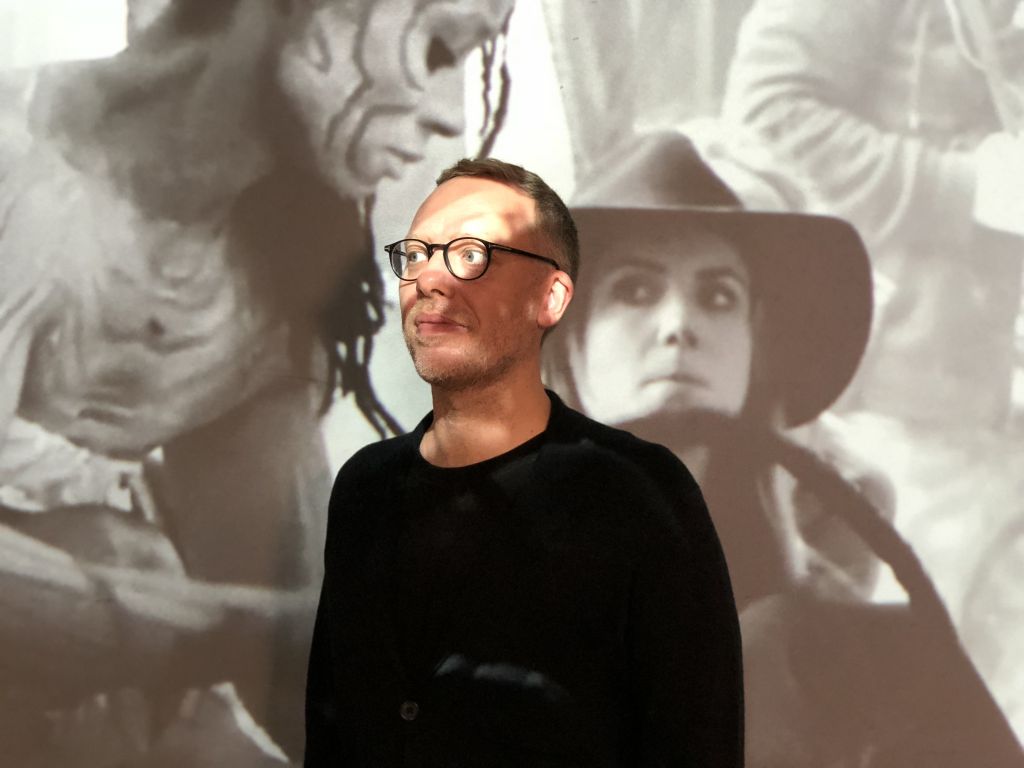
(Photo: Mette Koors)
But there is so much space outside the line, on the periphery of the classroom. What is it that goes on there? It is that space that Rasmus Johnsen and the Business of Teaching want to tap into identify learning opportunities. The ideal of ‘the knowledge-transfer-free classroom’.
“A room is always filled with sensations, challenges, emotions, thoughts, visions, generations, gender, race, professional life vs. student life, technologies vs. non-technologies. These aspects get louder the further you get away from that line in the middle.”

“Education is often spoken about as something that happens in the classroom, and then there’s the ‘real world’. What is the status of what we do in the classroom then? An exercise? An illusion? But if we move to the periphery, we can start blending with our outsides. The real world begins in the classroom.”
A common method for bringing the real world into the classroom is to invite guest lecturers or professionals from organizations outside of CBS. Although this may add value to the course, Rasmus Johnsen argues that it is not enough.
“When we invite people as guest lecturers, they often end up being ‘real world’-oracles . The person with the sonorous voice. They know how the real world works and they pass that knowledge on to someone who does not. They come to represent the line in the middle of the room.”
“Universities have to start where the problems emerge. And that might actually mean turning around and taking it to the organizations themselves, working with the organizations outside, maybe even physically outside of the university. If the university can no longer claim to have monopoly on being a space for learning, then universities have be where learning takes place – at its own peripheries, with its outsides.”

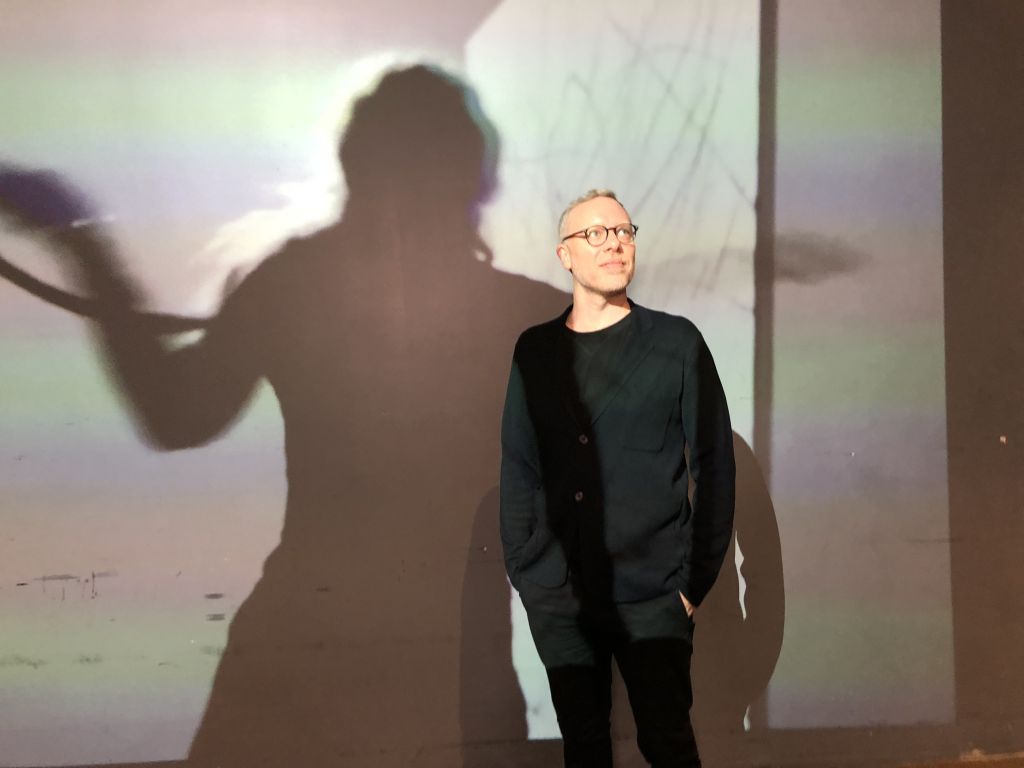
(Photo: Mette Koors)
Humanities as a part of blended learning
When most people think about blended learning, the introduction of technology is what immediately comes to mind. Rasmus Johnsen and the team behind the Business of Teaching are working towards proving that blended learning is much broader than that, and CBS is listening.
The blended learning project has received a lot of support from Annemette Kjærgaard who is the Vice Dean of CBS and an enabler for blended learning at the school.
However, according to Rasmus Johnsen, integrating humanities with business studies has not developed far enough at CBS.

“One of the challenges that every academic faces is retaining attention. This is something that I hope to work with at CBS in the future, and the new dean of education seems very open towards that idea.” says Rasmus Johnsen and continues:
“One step in the right direction would be to create an interdisciplinary peer-to-peer evaluation system between professors for their courses.”
In other words, a collective of teachers who help each other by reviewing each other’s’ course structures and outlines.
“The faculty should be much better at finding the time to reflect and work with our classes. In this way, the classes can be more of a collective endeavor rather than something we need to sit down with by ourselves.”
“How did you build this up? What were the other choices? Why do you have them read this? Could you implement this teaching method? These are some of the questions we could ask each other.”




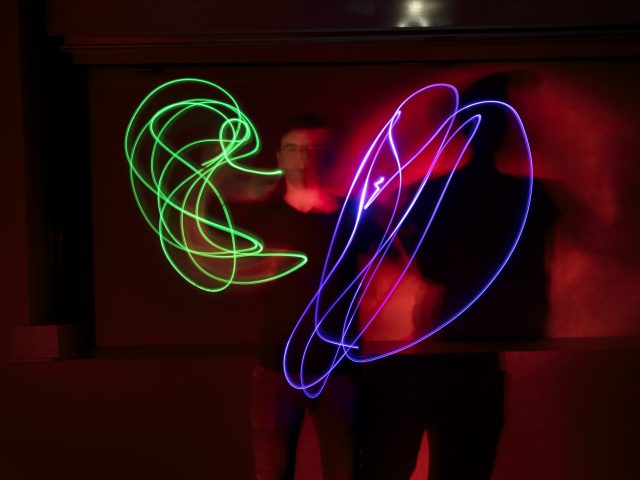
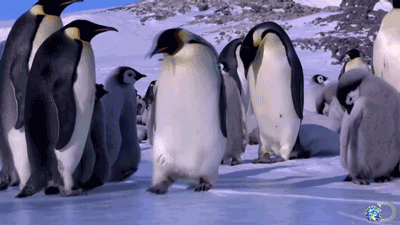





























































































































Comments